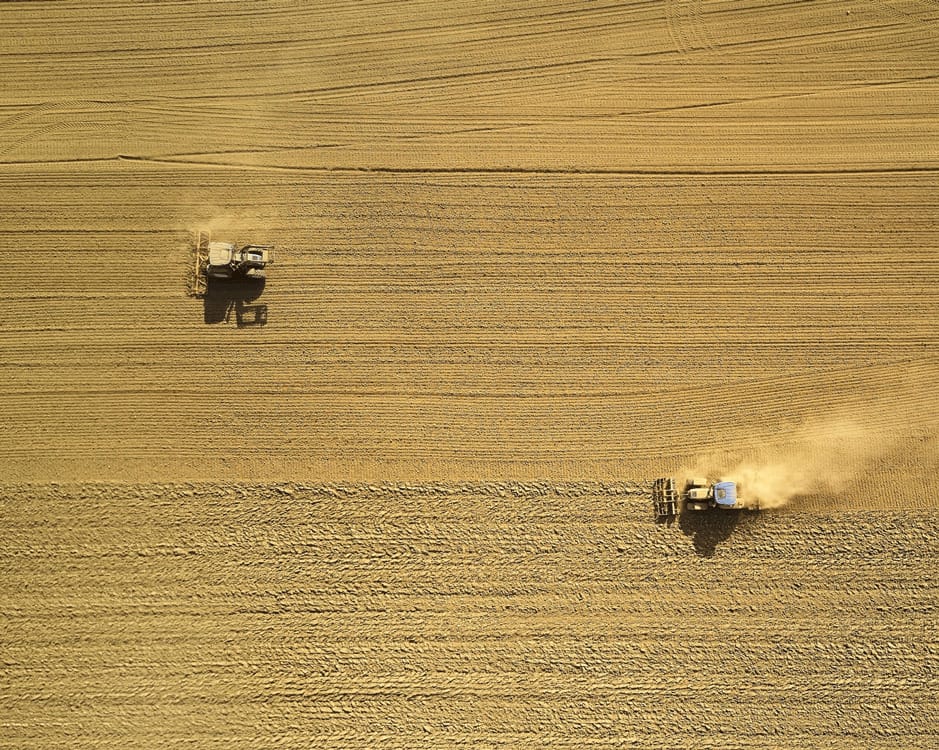In the face of challenging environmental and market conditions, Australian agribusiness is increasingly turning towards technology to improve productivity, sustainability and support for the nation’s farms.
Variously known as Smart Farming or Digital Agriculture and even Precision Agriculture, this approach makes use of integrated technology systems to help farmers and others in the value chain improve agricultural outputs.
It’s a major transition for one of the world’s oldest callings. But with population and resource pressures growing around the world, end-to-end farm management that enables greater efficiency and yields is becoming increasingly important.
Scenarios like being able to accurately predict the impacts of run-off on yield, or reducing water use on a per crop basis are typical outcomes that agribusiness is exploring the promise and potential of.
But what are the essential technologies for the Smart Farming revolution?
Elementally, Smart Farming leverages sensor networks and the Internet of Things connectivity to gather various data to enable more informed decision making that identify the opportunities to maximise production.
Other technologies that may be leveraged include drones, AI or machine learning and robotics. Sensor networks, however, are the foundational aspect that makes everything else possible.

Planting the seeds for a sustainable world
Such a technically minded approach to agriculture is not only becoming imperative, it also represents smart business.
Consider the UN’s Sustainable Development Goals. It is a list of 17 desirable objectives that companies can strive towards to help contribute to a more sustainable world. In a corresponding UN Global Compact report prepared by PA Consulting, smart farming is recognised as being capable of fulfilling 9 of those 17 goals, and that by 2021 the global market for Smart Farming will be in the vicinity of $15bn.
Further, the report found that 80% of agricultural companies surveyed expect there to be a distinct competitive advantage to be realised by an embrace of digital agriculture.
So while challenges exist to increased adoption – among them budgetary constraints and a general resistance to altering generations of practice – there remains little doubt that change is coming.
Opportunities are out there also, with the Government’s National Landcare Program promoting Smart Farming Partnership funding opportunities as recently as November 2018.
If you want to know more about how Novecom’s technical expertise can transition your agricultural operation to Smart Farm capability, visit our Smart Farm capabilities page or talk to our team today to learn what we can help you achieve.
